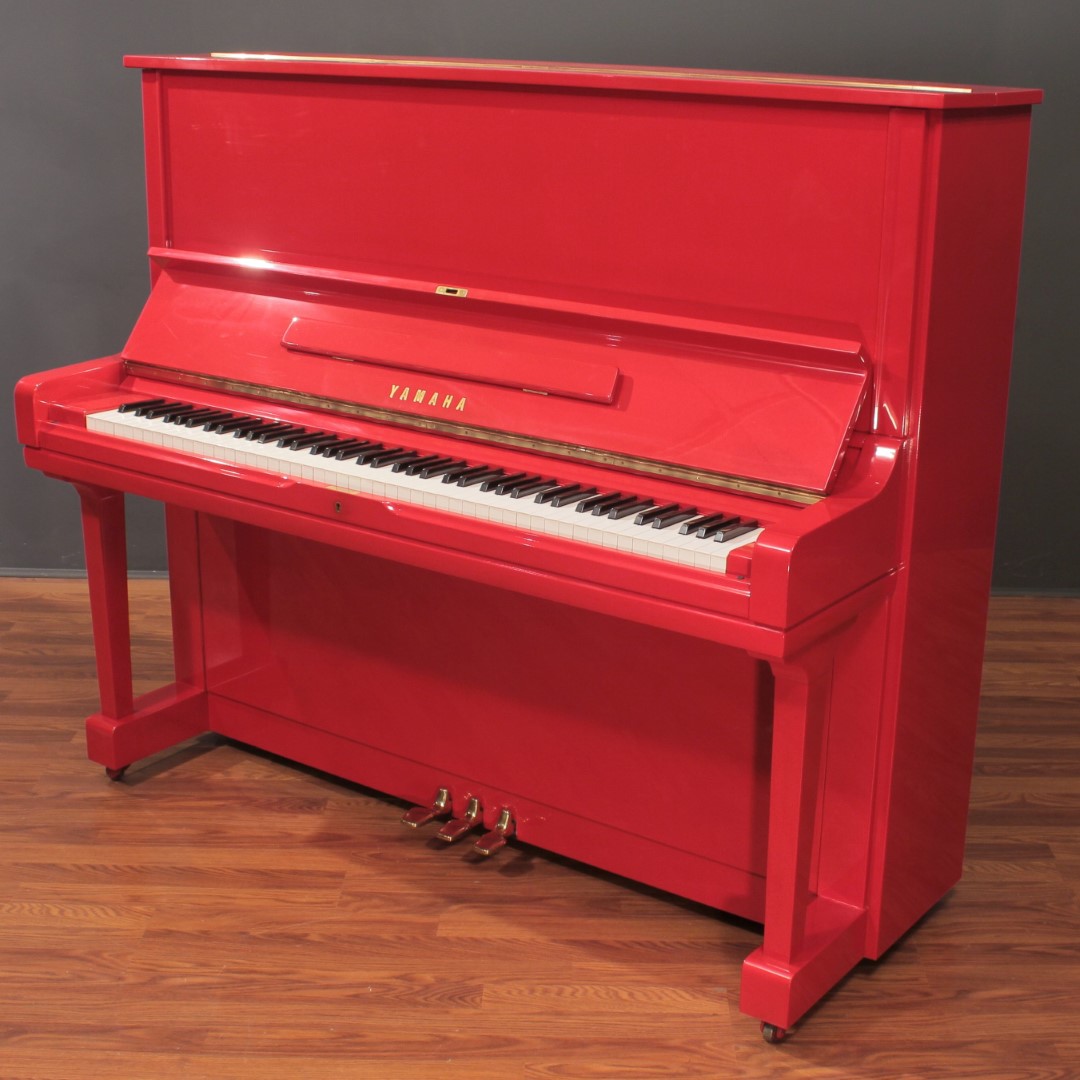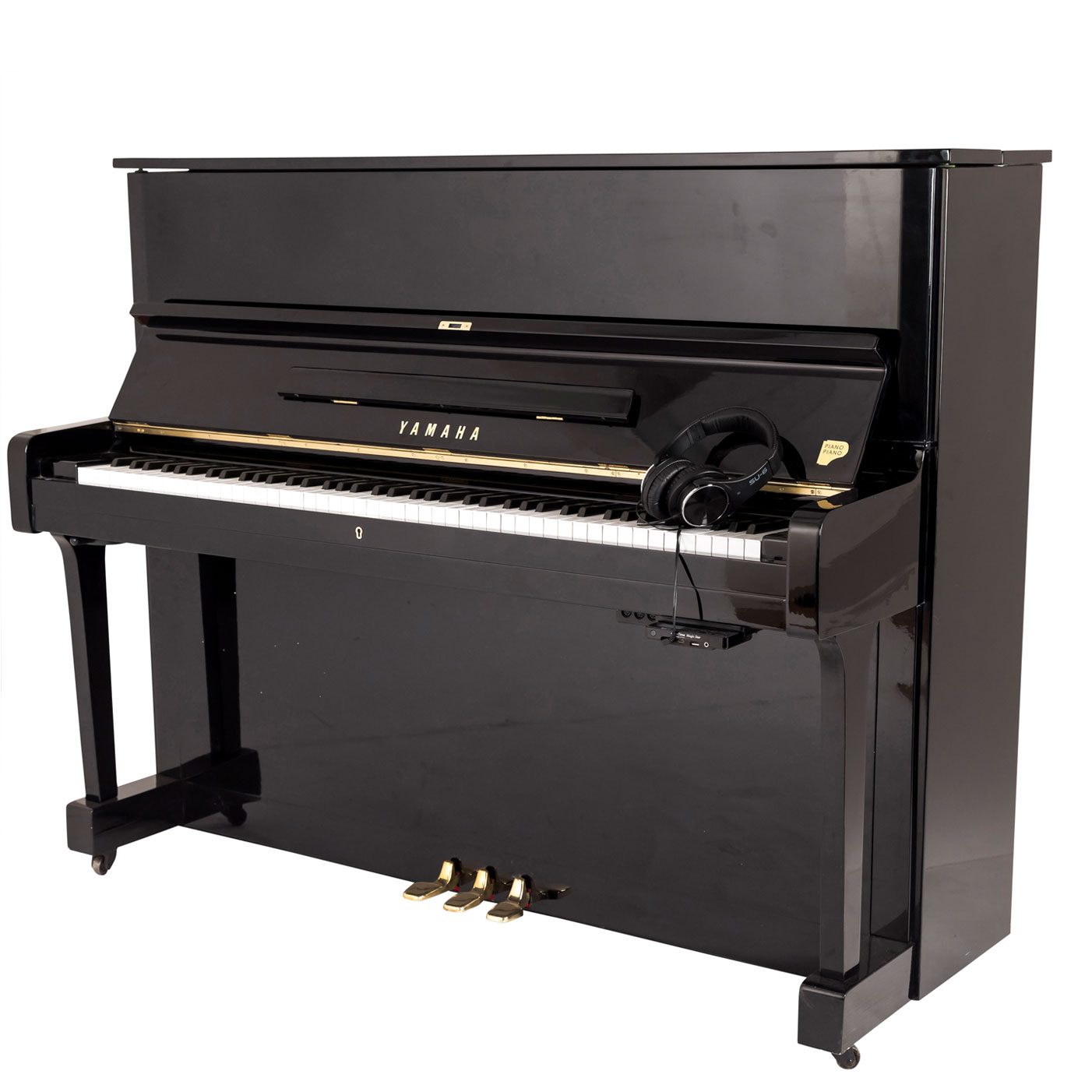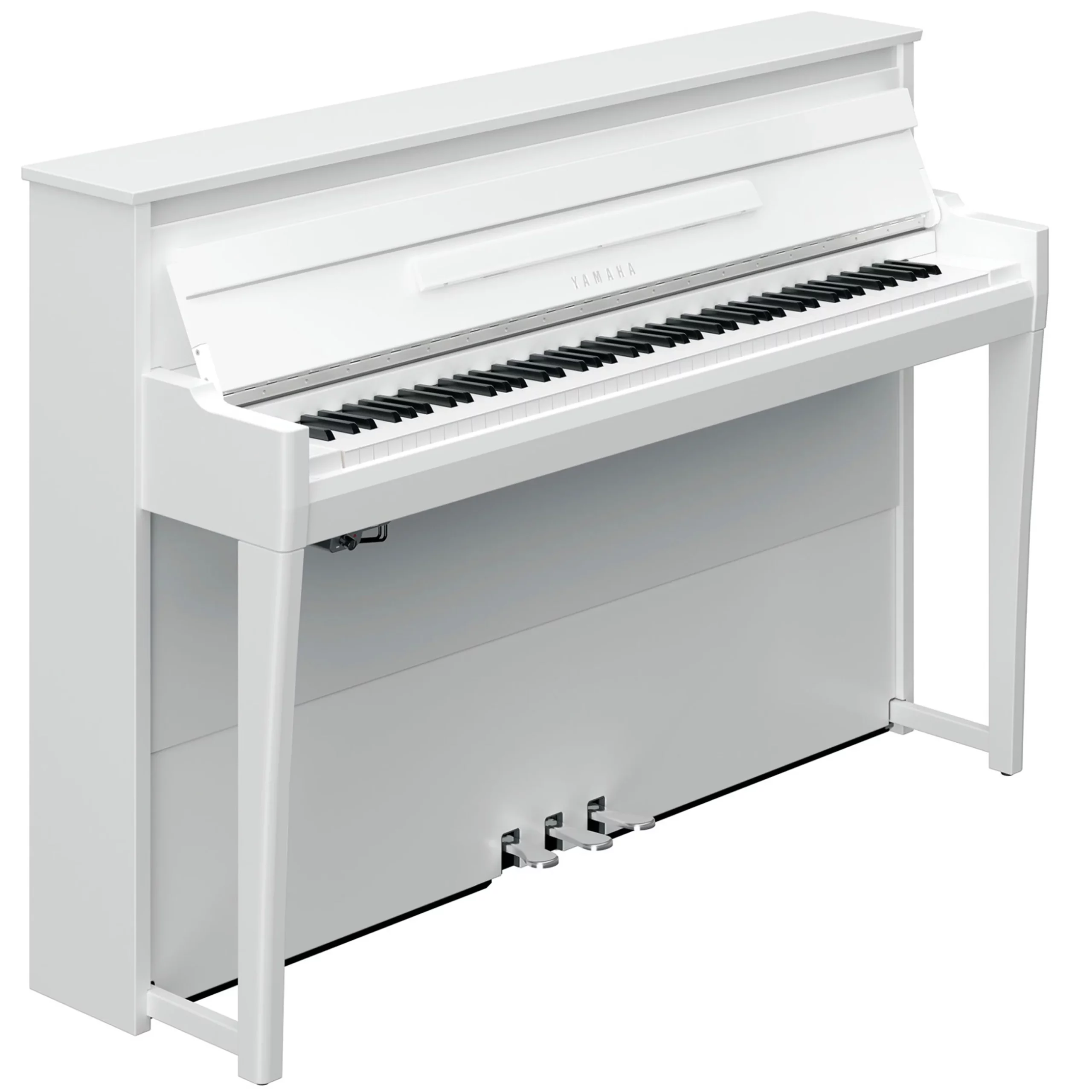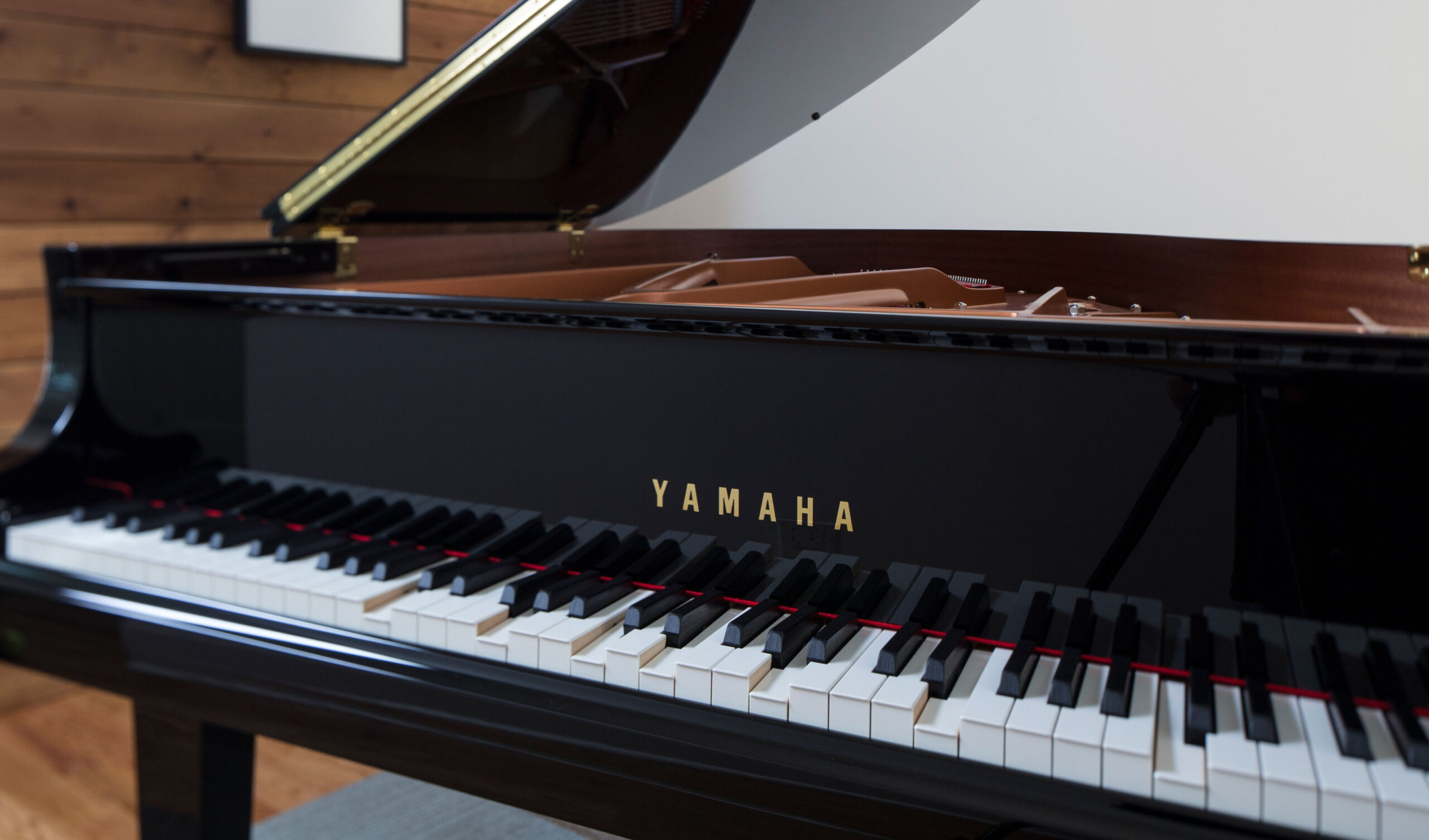Curious about learning how to play piano but not sure if you have what it takes? You’re not alone! Many people wonder just how hard it is to learn this beautiful instrument. As a self-taught pianist who has been playing for over 10 years, I’ve experienced the ups and downs of learning piano firsthand. And let me tell you, there are some surprising things you should know before diving into your journey!
In this beginner-friendly article, we’ll uncover 5 key facts that will give you a better understanding of just how difficult (or easy) it is to learn piano. From the mental challenges involved to the amount of time and effort required, we’ll explore all aspects of learning this versatile instrument. By the end, you’ll be able to confidently say whether or not learning piano is right for you. So get ready to tickle those ivories and discover everything you need to know about mastering the art of piano playing!
So, how hard is it to learn piano?
Learning piano can be challenging, but it is also a highly rewarding experience. Here are 5 surprising facts you need to know about the difficulty of learning piano.
1. Anyone Can Learn: Contrary to popular belief, you don’t have to be born with natural musical talent or have perfect hand-eye coordination to learn piano. With dedication and practice, anyone can learn how to play.
2. It Takes Time: Learning any new skill takes time and patience, and piano is no exception. You won’t become a master overnight, but with consistent effort and practice, you will see progress over time.
3. Practice Makes Perfect: The key to mastering any instrument is practicing regularly. Just like going to the gym or studying for an exam, consistency is crucial in improving your skills on the piano.
4. It’s More Than Pressing Keys: Playing the piano involves more than just pressing keys in the right order – it requires coordination between both hands and understanding music theory concepts such as rhythm and tempo.
5. The Right Teacher Makes All The Difference: Having a knowledgeable and patient teacher can greatly impact your learning journey. They can provide guidance on technique, offer personalized feedback, and keep you motivated throughout your lessons.
In conclusion, while learning piano may seem daunting at first glance, it is definitely achievable with determination and proper instruction from a qualified teacher.
Understanding the Commitment Required to Learn Piano
Learning to play the piano isn’t something you can master overnight. It’s a journey that requires dedication, practice, and passion for music. When you make up your mind to learn this classic instrument, you’re making a commitment – not just of time and effort but also of patience and perseverance. Consider it as an adventure where each step unfolds new melodies, strengths your coordination skills, develops your musical ear and fosters deep mental focus.
Consistency, persistence, and patience are all part of the package.
On average, mastering the skillset necessary to play the piano proficiently could take anywhere from 3-10 years depending on individual progress rates. Daily practice is key – if an hour seems too daunting initially set aside at least 20 minutes each day dedicated solely to training. The more consistent your practice sessions are, the quicker you’ll see improvement in performance proficiency.
- Dedication. This goes beyond scheduled practice sessions. Dedication means immersing yourself into learning about composers’ styles, interpreting sheet music correctly or understanding how chords work together.
- Persistence. There will be times when practicing feels draining or tricky song passages seem insurmountable; during these moments persistence plays its part pushing through challenging tasks till they become second nature.
- Patience.Absolute proficiency cannot be rushed; smooth transitions between chords or perfecting tempo will come over time with patient determination working meticulously on every small detail until it falls perfectly into place like pieces to a puzzle!
Remember that proficient pianists didn’t magically acquire their skills overnight—it’s been a journey filled with sweat equity! Their mesmerizing performances echo hours spent behind closed doors diligently repeating scales & arpeggios till hands danced gracefully atop ivory keys radiating beautiful melodies. As you embark on your piano learning journey, bear in mind it’s not the destination but the journey itself where real magic lies.
Exploring the Physical Challenges of Playing Piano
Learning to play the piano is an exciting journey, but it can also be physically demanding. The human hand is not naturally tailored for the precise yet complex movements required in piano playing. A pianist needs to have excellent finger dexterity and a high level of fine motor control to strike keys with both speed and accuracy, as well as considerable hand strength to maintain this through lengthy pieces. Sustaining these actions without fatigue or pain requires endurance and conditioning akin to that of an athlete.
 The Role of Natural Talent vs. Practice in Learning Piano
The Role of Natural Talent vs. Practice in Learning Piano
Read also: how much does a piano keyboard cost
Mastering Sight Reading and Music Theory for Piano Playing
Sight Reading Mastery is undoubtedly a potent tool in the arsenal of any accomplished piano player. Imagine serenely walking into a new piece of music and being able to play it without batting an eyelid, that’s how magical sight-reading skills can be. It’s like decrypting a secret language, where every note or symbol on the sheet represents something profound and exciting.
At its core, sight reading involves swiftly interpreting the notes on the printed page and translating them into corresponding finger movements – all without giving it too much thought! But don’t fret, with ample practice, patience and determination anyone can master this skill. Start with slow tempo pieces before gradually tackling more complex compositions.
- Get familiar with different rhythmic patterns
- Aim for consistency rather than speed – accuracy over haste!
The Magic of Music Theory, on the other hand, serves as an essential guide map for understanding music’s structure and design when playing piano. By studying key signatures, scales or chords you’re essentially learning ‘the grammar’ that holds this beautiful language together!
Without some knowledge in this area your journey might feel like travelling through uncharted territory without any signs! So why not take advantage of what centuries of musical wisdom have to offer?
- Dive deep into exploring chord progressions,
- Learn about different scales,
- Familiarize yourself with fundamental elements such as rhythm or melody.
This will certainly make your piano playing experience more meaningful while enriching your overall musicianship.
The Role of Natural Talent vs. Practice in Learning Piano
Playing the piano is a beautiful and expressive endeavor that, like any skill, can appear natural for some while others may need to invest more time and effort. The role of natural talent in learning piano should not be dismissed out of hand. Some musicians might seem to have an uncanny knack for picking up melodies or mastering finger movements quickly without formal instruction. They instinctively understand rhythm, pitch, and tone – qualities which are integral to playing the piano effectively. However, even with these innate abilities, there’s always room for improvement because music is vast and boundless.
Regardless of inherent musical aptitude though, practice plays a vital part in becoming proficient at playing the piano or any instrument for that matter. It’s important to realize that practice involves more than rote repetition; it requires focus on technique along with dedication over extended periods. There are certain abilities which only constant practice can develop:
- Muscle memory: This refers to your fingers knowing where each key is without you having to look down at them all the time.
- Rhythm: Maintaining a steady beat doesn’t come naturally but improves drastically through repeated exercises.
- Sight Reading: Ability to read sheet music smoothly develops primarily through frequent exposure and study.
Ultimately, whether one has natural talent or not shouldn’t deter from pursuing their passion for piano as consistent practice offers significant progress itself.
You may also like: yamaha disklavier piano extended pedal
How Long Does It Typically Take to Learn Piano?
How Long Does It Typically Take to Learn Piano?
Thinking about learning the piano, and wondering how long it might take? Well, like many aspects of life – it very much depends. Learning to play an instrument is a journey that varies from person to person, but there are some general guidelines we could follow.
For a complete beginner with no prior musical experience or knowledge, grasping the basics of piano playing can typically take around 6 months. This includes understanding music theory, reading sheet music and developing basic hand coordination. However, this timeline may be influenced by factors such as:
- The number of hours you dedicate for practice every week
- Your age – younger learners often pick up new skills quicker
- Having private lessons or being self-taught
In contrast if we’re considering reaching an advanced level of competency on the piano; creating beautiful melodies with ease and professional precision- then one should prepare for a longer time commitment. Many suggest between 5-10 years of dedicated study and practice in order to obtain mastery over the instrument.
While these estimates help us set expectations right at outset; they also serve as reminders that patience is key in this process! Remember not just practicing more, but practicing better leads you faster towards your goal.
Enjoy your journey through melody!Conclusion: Determining If You’re Ready to Embark on Your Piano Journey
Embarking on a piano journey is an enriching experience, full of melodies and harmonies that can lift your spirit and bring warmth to the soul. However, deciding if you’re ready for such an undertaking requires a certain level of self-assessment. You need to dig deep within yourself, evaluating your commitment levels, time availability, financial support and perhaps most importantly – passion.
Firstly, determine how committed you are. Learning the piano isn’t a journey that one should enter lightly; it takes consistent practice and hard work which may sometimes feel tedious but trust me – it’s utterly rewarding in the end! Secondly: do you have sufficient time? With our fast-paced lives constantly moving forward at breakneck speed, we often find ourselves struggling to fit all our tasks into one day.
- Ask yourself: Can I spare 20-30 minutes per day?
- If yes – Great! Consistency matters more than length.
- If no – You might want to reconsider until timings become more favorable.
Thirdly: finances are important too. While there’s no doubt learning piano brings immense satisfaction; lessons aren’t cheap! Make sure this is something you’re willing (and able) to invest in both emotionally & financially.
Lastly but not least: Passion!You must truly love music!Your heart must flutter at each note played correctly or resonate with every melody created.
Remember that without passion driving your ambition forwards, even dedication might fizzle out over time. So ensure these elements align before setting off on this melodious adventure!






